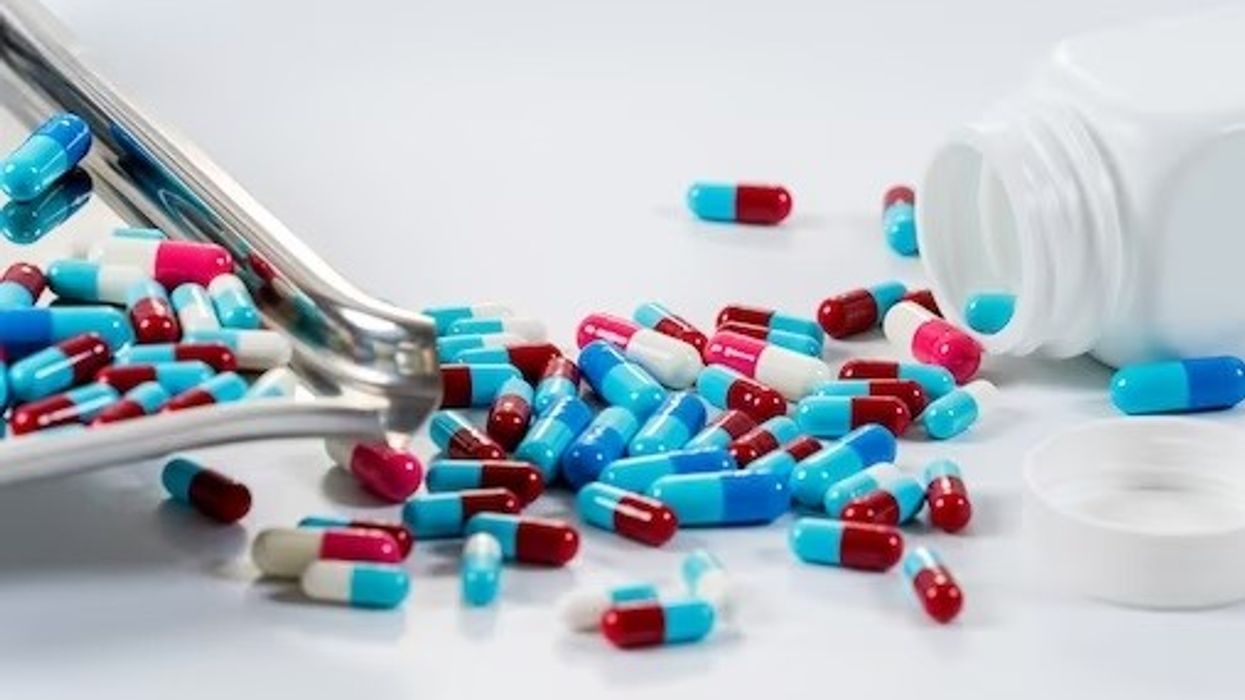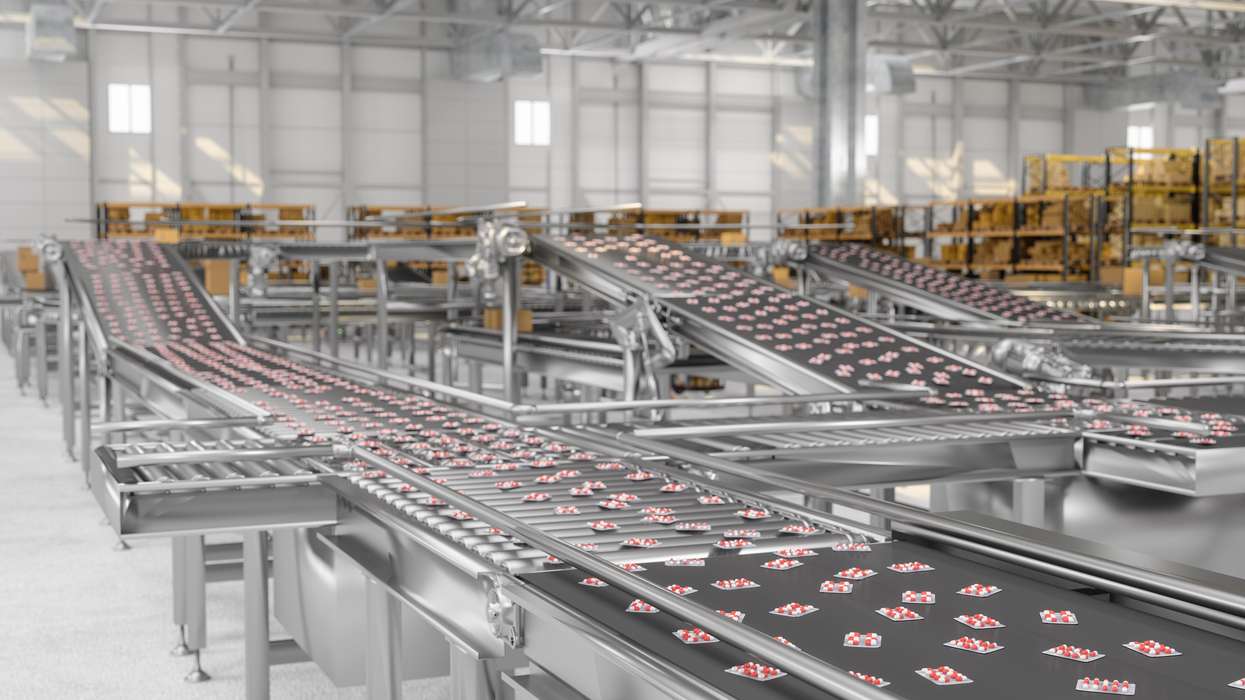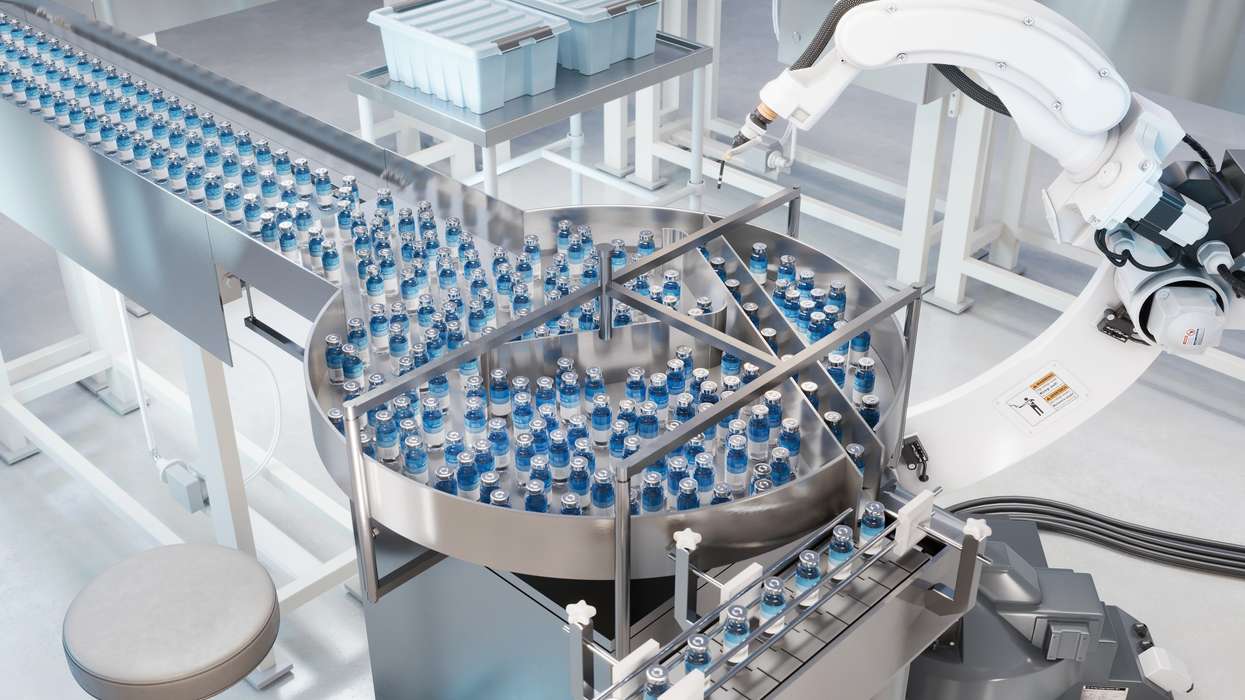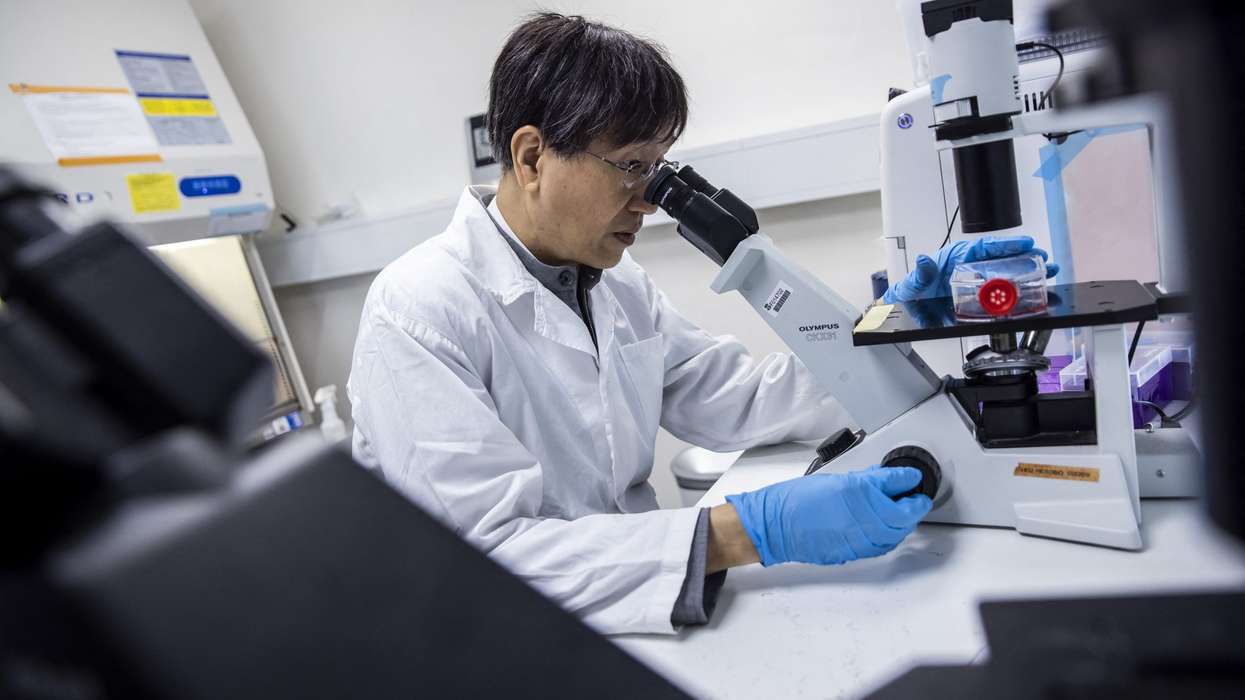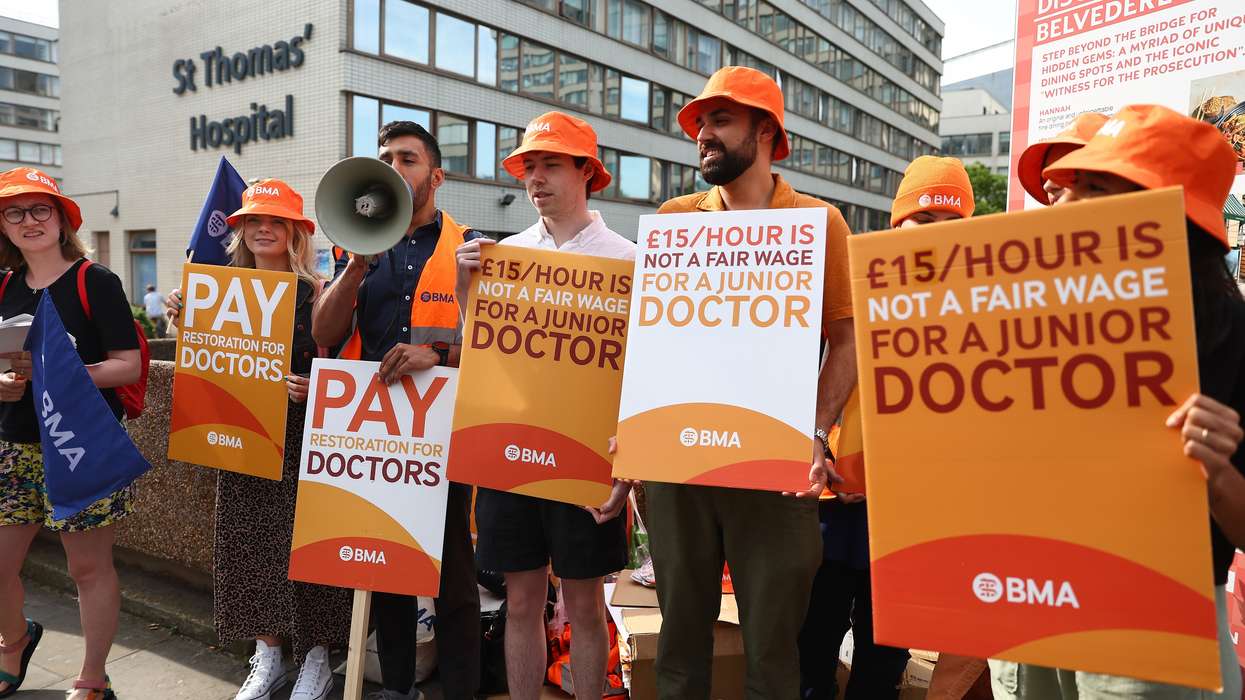The EC Decision Reliance Procedure (ECDRP) has been replaced by the new International Recognition procedure (IRP)
The Medicines and Healthcare products Regulatory Agency (MHRA) made its new International Recognition procedure (IRP) fully operational from 1 January 2024, inviting developers of new medicines to submit their applications for marketing authorisation.
Beginning this year, the EC Decision Reliance Procedure (ECDRP) has been replaced by IRP, and the Mutual Recognition/Decentralised Reliance Procedure (MRDCRP) has come under its umbrella.
The move is expected to further improve access to life-saving medicines for UK patients following the UK’s departure from the European Union.
The IRP allows the Agency access to the expertise of other trusted regulatory partners in other countries when authorising medicines.
However, the MHRA remains a sovereign regulator and retains ultimate authority to accept or reject applications submitted under the IRP.
Health Minister, Andrew Stephenson is hopeful that the new international recognition procedure will speed up the licensing process, and accelerate patient access to new medicines on the NHS and put the UK on the forefront of medical innovation.
“We’re making it easier than ever for patients to receive the life-saving medicines they may need, faster," she said.
Initially, the UK’s regulatory agency will partner with regulators in Australia, Canada, Japan, Singapore, Switzerland and the USA, as well as the European Medicines Agency, individual EU member states and those in the EEA (European Economic Area).
Julian Beach, MHRA Interim Executive Director of Healthcare Quality and Access, said: “With this new application procedure fully live, we are delighted to have created a further, innovative route for bringing new medicines to UK patients.
“IRP allows us to access the expertise of trusted regulatory partners, who have already authorised products. In return, our partners can consider applications based on MHRA authorisations, creating a ‘win-win’ for regulators, developers of innovative treatments, and patients.”
Developers can submit their Marketing Authorisation Application (MAA) via the MHRA website under one of two recognised routes. Time horizons for authorisations has been reduced to 60 to 110 days from the current 150-day time horizon for applications.
To facilitate a smooth and efficient application for new medicines, the MHRA on 20 November 2023 launched a tool to check the eligibility for marketing authorisation applicants.
Applicants are required to use the online ‘Eligibility Checker’ tool six weeks prior to making a full submission under IRP to determine whether their Marketing Authorisation Application (MAA) is suitable and to identify which route (A or B) to follow.
The IRP can be used for chemical and biological new active substances and known active substances, generic, hybrid, biosimilar and new fixed combination product applications.
Traditional Herbal, Homoeopathic and Bibliographic Registrations are also not eligible.
Earlier this year, the MHRA received £10m from HM Treasury to support the development of this new international recognition framework.








